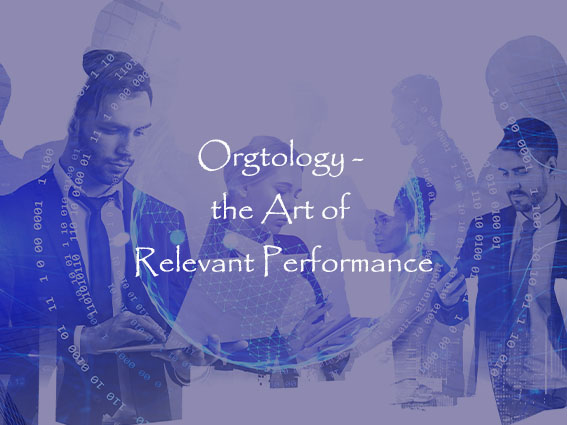On 24 July 2018, Derek Hendrikz registered the IOI as a non-profit organisation under Section 21 of the South African Companies Act. In doing so, those who practice orgtology now own it. The reason that Derek set up the IOI was to create a neutral body that will regulate the practice of orgtology™. Through this initiative the world can gain from its scientific approach, without the burden of individual control. This means that the IOI has alliance to the theories and ethics of orgtology, and not to a person. Derek briefly explain these theories and ethics through a range of blog articles.
The need to regulate this science rose after a worldwide interest in the teachings by Derek Hendrikz on the science of organisation. Yet, the concept goes back about 18-years, to the year 2000, which was when he began to do research on the most scientific way to grasp any organised system. That is how orgtology became the science of organisation (Org™). It has two fields of study. The first one is orgamatics™, which is a study of workplace systematics. The second one is organamics™, which is a study of workplace dynamics.
To regulate this practice, the IOI has four basic functions. I explain these functions below:
The IOI Approves…
A main task of the IOI is to accredit practitioners; endorse providers; and certify products and services in the field of orgtology. To practice in this field, the IOI must accredit you as either an Orgtologist™ or an Orgtology Specialist. The criteria for these designations are on the IOI website. To sell and market orgtology services, the IOI must endorse the entity that does so as a provider company. Moreover, the IOI must certify the products or services that they deliver
The IOI Oversees...
The IOI is not only there to sanction the profession of orgtology, but also to guide and supervise its practice. Therefore, the IOI must enforce their processes, policy, standards, and content. It is the duty of the IOI to involve all its members in this oversight. That is why the IOI webpage must always be transparent, open, and criticisable.
The IOI Creates…
The IOI must craft and maintain a body of knowledge (OBoK) that will guide the making of rules and processes. All orgtology services; processes; and rules, is based on the OBoK. To develop the OBoK is a task that all practitioners must do to keep their registration with the IOI. That is why the development of the OBoK has such a heavy weight when members accumulate continuous professional development (CPD) points.
The IOI Informs...
To sustain the institution, orgtology must be known. That means that the IOI must create an international grasp on orgtology and its practice. In so, the IOI will urge its members to partake in seminars, conferences, and media opportunities that will promote the cause of orgtology.
The IOI vision is that orgtology will run all organisations. Key to this drive is that it takes place in an ethical way. To ensure this, the IOI has three core values that aims to direct its conduct.
The IOI values are reciprocity, credibility, and holism
Reciprocity:
It is important that the IOI has meaningful relationships, therefore, all parties must get fair value. This means that the IOI must add value to those who sponsor its existence, and contrariwise.
Credibility:
The IOI can never diverge from the standards that they set, since they must serve their members with integrity. In this, their primary belief must be that orgtology is the best solution to run any organisation. To ensure this, the IOI will without end, do research and adjust their body of knowledge.
Holism:
Orgtology is the science of Org. In this, they study workplace systematics and dynamics in a holistic way. Everything g is connected to everything else.
The IOI will contribute greatly towards the performance and relevance of any organisation. Derek Hendrikz has dedicated his life to this science, with the hope that there will be many others who will follow his suit.
